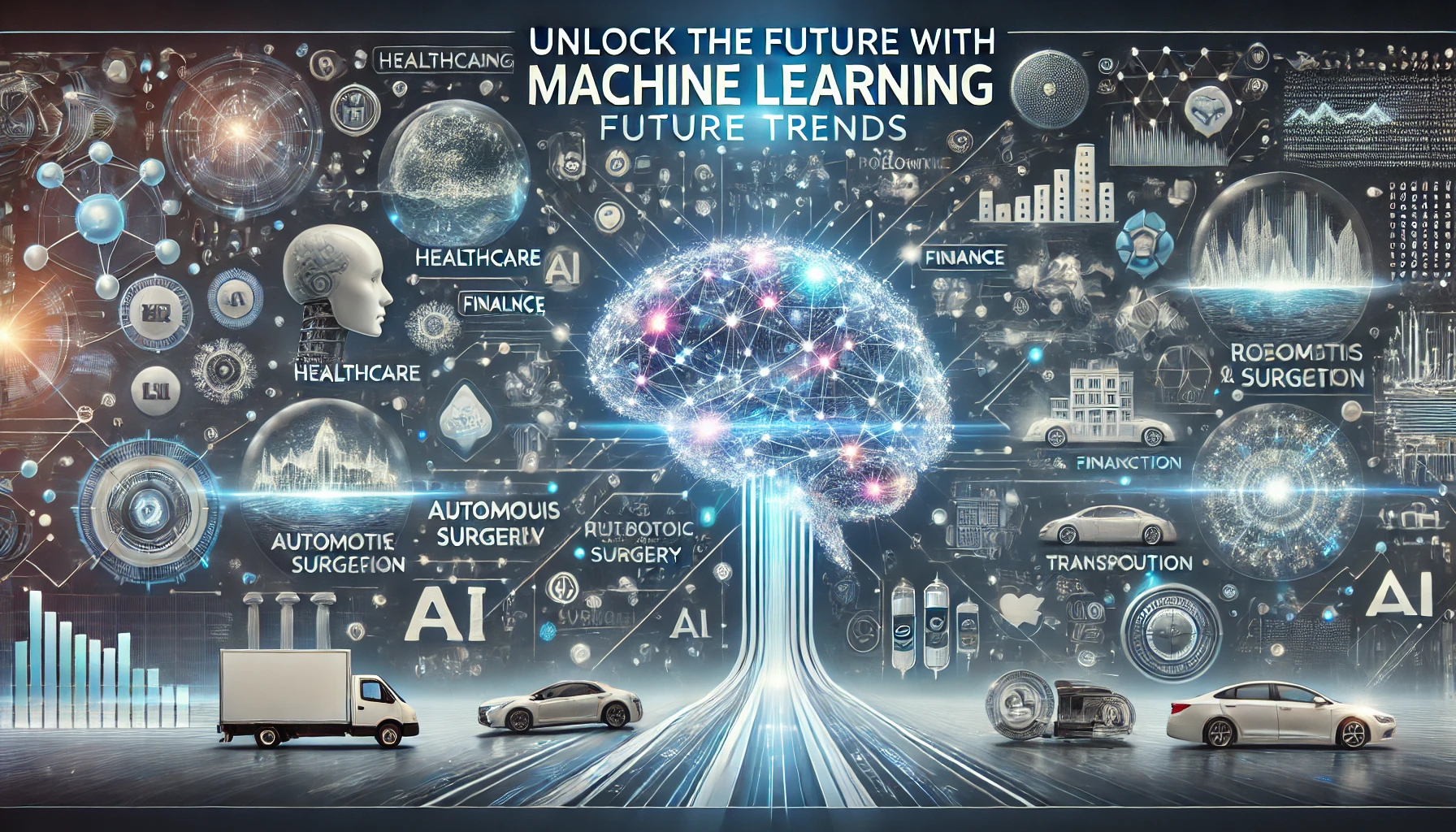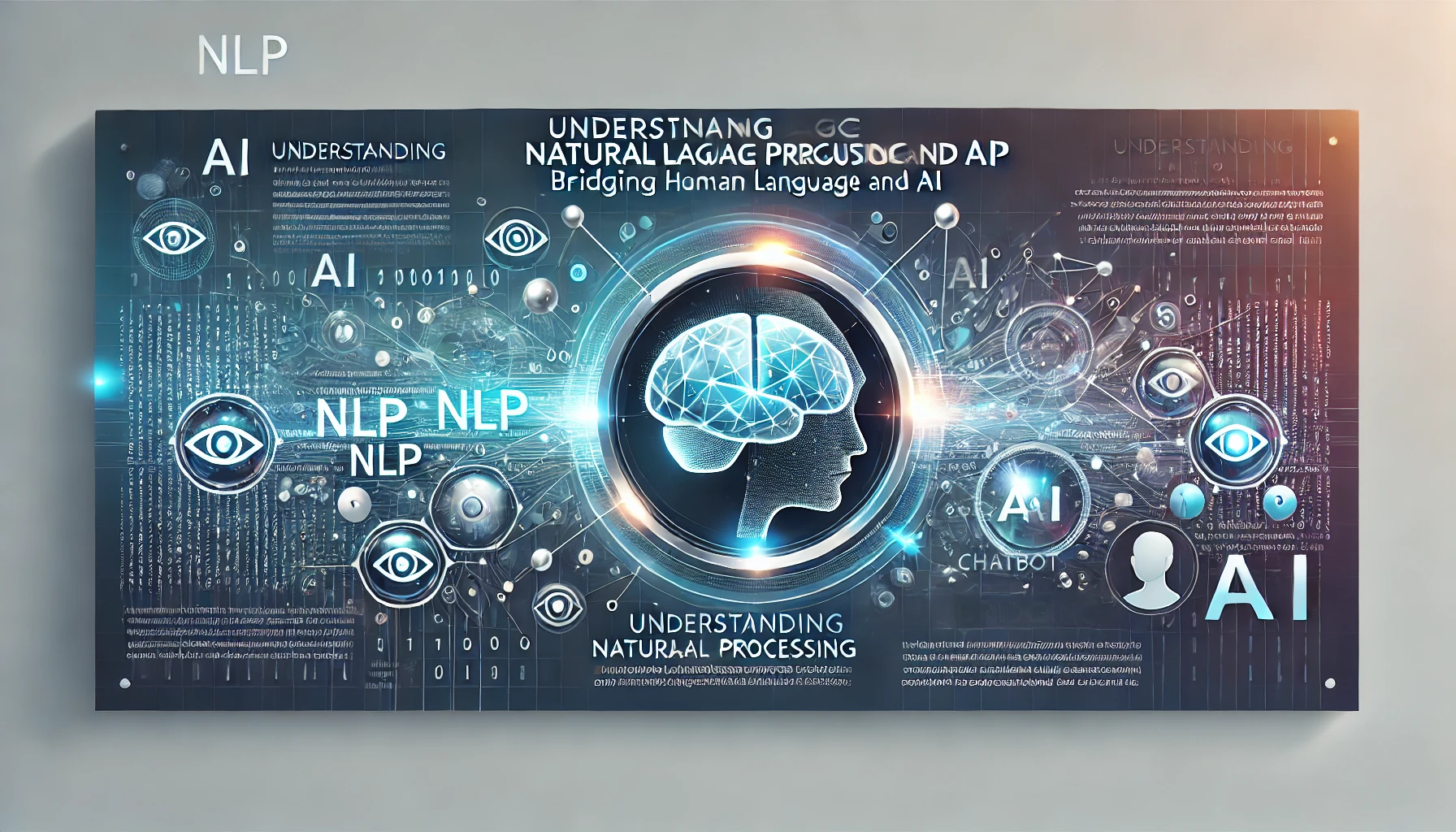Machine learning future trends are reshaping the technological landscape. They influence every aspect of our lives. This includes the way businesses operate and how we interact with technology daily. This powerful subset of artificial intelligence (AI) is the backbone of innovation. It drives advancements that promise to redefine industries. It unlocks potential in unimaginable ways.
What Is Machine Learning?
Machine learning is the science of enabling machines to learn from data, identify patterns, and make decisions without being explicitly programmed. At its core, it relies on algorithms and statistical models to analyze and interpret large datasets. From recommendation systems on Netflix to autonomous vehicles, ML is omnipresent.
- Types of Machine Learning:
- Supervised Learning: Using labeled data to train algorithms.
- Unsupervised Learning: Identifying hidden patterns in unlabeled data.
- Reinforcement Learning: Learning through trial and error to maximize rewards.
The adaptability and predictive power of machine learning have made it indispensable across various sectors.
How Machine Learning Is Impacting Us Today
Machine learning is no longer a futuristic idea—it’s embedded in our everyday lives. Its impact spans diverse areas, from healthcare to entertainment, enhancing efficiency, accuracy, and personalization.
1. Revolutionizing Healthcare
ML algorithms are transforming healthcare by enabling:
- Early Disease Detection: AI models predict illnesses like cancer using medical imaging.
- Personalized Medicine: Tailored treatment plans based on genetic profiles.
- Operational Efficiency: Streamlining administrative tasks, reducing paperwork, and optimizing hospital workflows.
2. Enhancing Business Operations
- Predictive Analytics: Businesses use ML to forecast demand, manage inventory, and anticipate customer needs.
- Customer Experience: Chatbots, recommendation engines, and personalized marketing campaigns are powered by ML.
- Fraud Detection: Financial institutions leverage machine learning to identify and prevent fraudulent activities.
3. Transforming Education
Adaptive learning platforms use machine learning to:
- Customize lessons to individual students.
- Provide instant feedback and assessments.
- Bridge learning gaps through predictive insights.
4. Optimizing Transportation
- Autonomous vehicles use ML for navigation, object detection, and decision-making.
- Ride-sharing platforms optimize routes and pricing using real-time data.
5. Shaping Entertainment
- Platforms like Spotify and Netflix use machine learning to recommend content based on user preferences.
- AI-generated art and music demonstrate creative possibilities.
Machine Learning Future Trends in Focus
Understanding machine learning future trends requires an appreciation of its current capabilities and where it’s headed. From revolutionizing industries to addressing global challenges, machine learning continues to evolve and expand its influence.
1. How Machine Learning Is Shaping the Present
Machine learning isn’t just futuristic—it’s embedded in our lives.
- In Business: Machine learning models predict consumer behavior, optimize supply chains, and enhance customer experiences.
- In Healthcare: Early disease detection, personalized treatments, and AI-driven diagnostics are revolutionizing medical care.
- In Daily Life: From smart assistants like Alexa to personalized recommendations on platforms like Netflix, machine learning powers our digital interactions.
2. The Future Scope of Machine Learning
Future trends in machine learning promise a world where systems adapt faster, solve complex problems autonomously, and become more accessible to businesses and individuals.
Key developments include:
Democratization of ML Tools: Platforms simplifying AI adoption for non-technical users.
Integration with IoT: Machine learning will make IoT devices smarter and more adaptive.
Expansion in Cybersecurity: Real-time threat detection and predictive defense mechanisms.
The Role of Machine Learning Future Trends in Society
Machine learning is creating ripple effects across societal norms and industry standards. The influence of machine learning future trends can be observed in:
- Global Connectivity: Breaking language barriers through real-time translation tools.
- Education: Customizing learning paths for students through adaptive AI platforms.
- Environmental Solutions: Using predictive models for climate change research and conservation efforts.
Challenges on the Horizon
While the future of machine learning is promising, it comes with challenges:
- Data Privacy: Ensuring ethical data collection and usage.
- Bias in Algorithms: Avoiding perpetuation of societal biases in AI systems.
- Scalability: Managing the computational costs of training complex models.
- Talent Shortage: Addressing the need for skilled ML professionals.
Overcoming these hurdles requires collaborative efforts from researchers, policymakers, and technologists.
Machine Learning’s Role in Society
Machine learning is not just transforming industries; it’s reshaping societal norms. As we integrate ML into decision-making processes, its societal impact grows. Here’s how:
- Economic Impacts: Automation driven by ML can lead to job displacement but also creates opportunities in new domains.
- Education and Upskilling: As automation replaces repetitive tasks, the demand for reskilling and upskilling grows.
- Global Connectivity: ML-powered tools break down language barriers, fostering global collaboration.
FAQs
Machine learning is a technology that uses algorithms to analyze data, learn patterns, and make predictions or decisions without manual programming.
Machine learning is a subset of AI focused on learning from data, while AI encompasses broader goals like simulating human intelligence.
Healthcare, finance, retail, transportation, and entertainment are among the sectors benefiting significantly from ML.
While ML automates repetitive tasks, it creates opportunities in fields like AI development, data analysis, and robotics.
ML enhances cybersecurity by detecting threats faster but must be managed carefully to prevent adversarial attacks.
Bias, privacy violations, and lack of transparency are major ethical concerns that need attention.
Conclusion
Machine learning is a transformative force, driving innovation and reshaping industries. Its potential to address complex challenges, from healthcare to climate change, is unmatched. However, navigating ethical concerns and ensuring inclusivity will determine its success. As we look to the future, embracing machine learning responsibly will unlock unprecedented opportunities, ensuring a smarter, more connected world.



